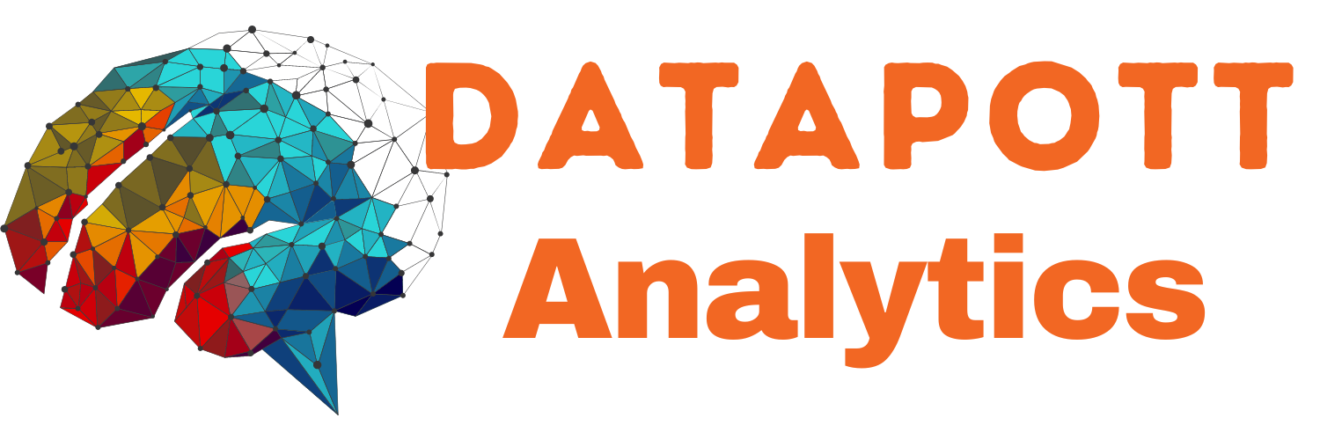In order to gain in-depth knowledge of underlying reasons and motivations, qualitative research is conducted. However, qualitative research also has limitations. In my previous article, I discussed the limitations of the quantitative research approach. In this paper, I would be discussing the limitations with respect to qualitative research.
Time-consuming process
The major drawback associated with qualitative cultural analysis is that this process is time-consuming. The second potential problem with qualitative research is that a particular problem could go unnoticed (Bowen 2006). Also, the interpretations of researchers are limited. Personal experience and knowledge influence the observations and conclusions related to the research problem.
The entire process thus might take several weeks or months. Besides, the varied perspectives recorded will be analyzed based on the limited understanding of the researcher. Also, since qualitative study delves into personal interaction for data collection, often discussion tends to deviate from the main issue to be studied.
No result verification in qualitative research
As qualitative research is mostly open-ended, the participants have more control over the content of the data collected. So the researcher is not able to verify the results objectively against the scenarios stated by the respondents.
Labour intensive approach
The qualitative study requires a labour-intensive analysis process such as categorization, recoding, etc (Elo & Kyngäs 2008). Similarly, qualitative research requires well-experienced researchers to obtain the targeted data from the group of respondents. Also, different conclusions are derived based on the same information depending on the personal characteristics of the researcher (Maxwell 2005).
Difficult to investigate causality
Researchers find it difficult to investigate causality between different research phenomena. Qualitative research is a little complex to explain the difference in the quality and quantity of information obtained from different respondents and arrive at non-consistent conclusions (Barbour 2000).
The qualitative study requires thoughtful planning to ensure the obtained results accurately. There is no way to analyze the qualitative data mathematically. This type of research is based more on opinion and judgment rather than the results. All the qualitative studies are unique in themselves so it is difficult to replicate.
References
- Barbour, R.S., 2000. The role of qualitative research in broadening the “evidence base” for clinical practice. Journal of Evaluation in Clinical Practice, 6(2), pp.155–163.
- Baxter, P., 2008. Qualitative Case Study Methodology: Study Design and Implementation for Novice Researchers. The Qualitative Report, 13(4), pp.544–559.
- Bowen, G.A., 2006. Document Analysis as a Qualitative Research Method. Qualitative Research Journal, 9(2), pp.27 – 40.
- Elo, S. & Kyngäs, H., 2008. The qualitative content analysis process. Journal of Advanced Nursing, 62(1), pp.107–115.
- Maxwell, J.A., 2005. Qualitative Research Design: An Interactive Approach, SAGE Publications. Available at: https://books.google.co.in/books/about/Qualitative_Research_Design.html?id=XqaJP-iehskC&pgis=1 [Accessed May 20, 2015].
- Morgan, G., 1980. The Case for Qualitative Research. Academy of Management Journal, 5(4), pp.491–500.
- Ong, S.-E., 2003. Mass spectrometric-based approaches in quantitative proteomics. Methods, 29(2), pp.124–130.
- Saunders, M., Lewis, P. & Thornhill, A., 2009. Research Methods for Business Students 5th ed., Essex, England: Pearson Education Limited.
- Science, J. of D., 2001. Invited Review: Integrating Quantitative Findings from Multiple Studies Using Mixed Model Methodology. Journal of Dairy Science, 84(4), pp.741–755.
- Simon, M.K., 2011. Dissertation and scholarly research: Recipes for success, Seattle, W.A.: Dissertation Success LLC.
- Younus, M.A.F., 2014. Research Methodology. In Vulnerability and Adaptation to Climate Change in Bangladesh: Processes, Assessment and Effects (Springer Theses). Springer, pp. 35–76. Available at: http://link.springer.com/10.1007/978-94-007-5494-2_2 [Accessed August 1, 2016].


